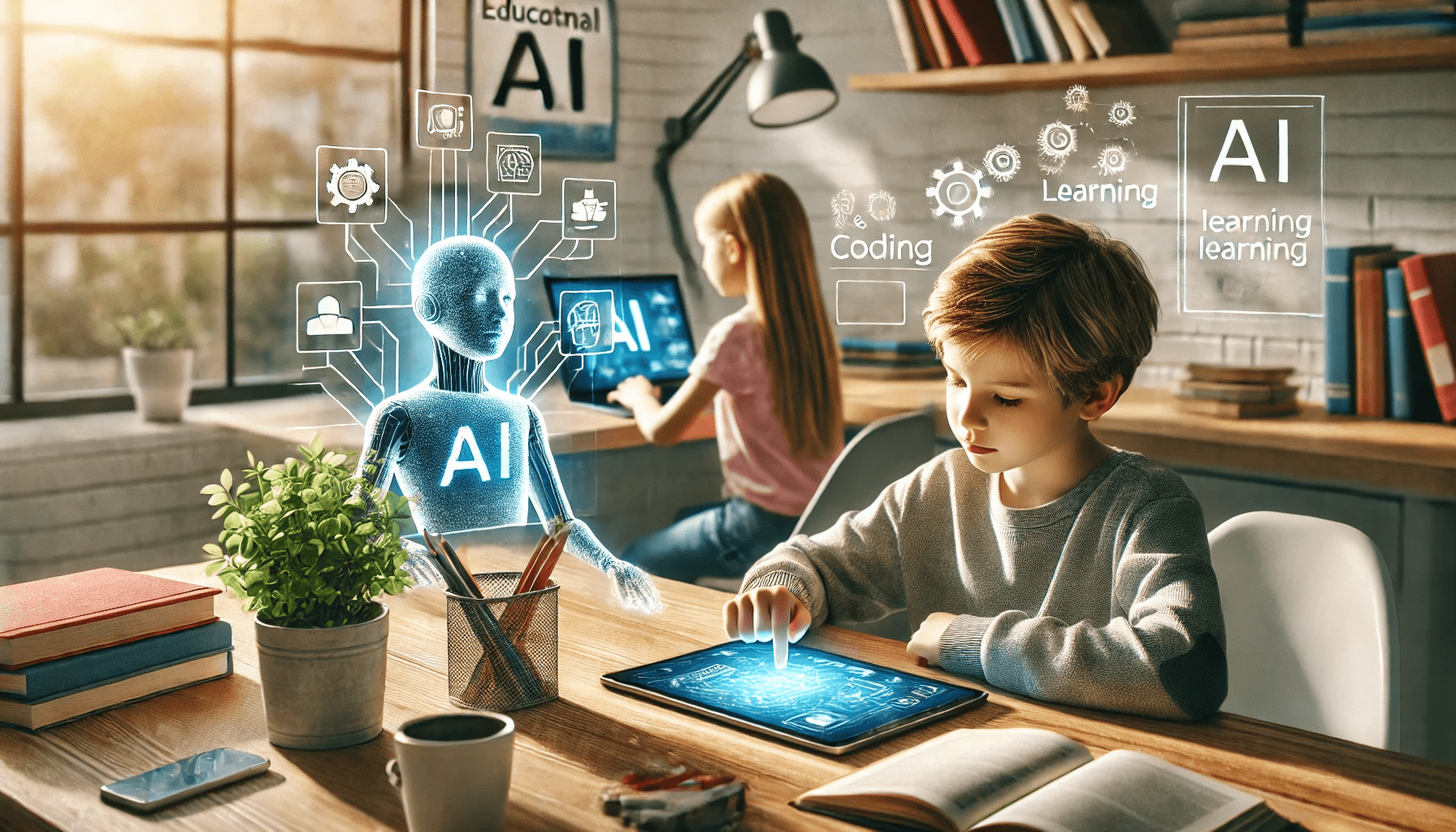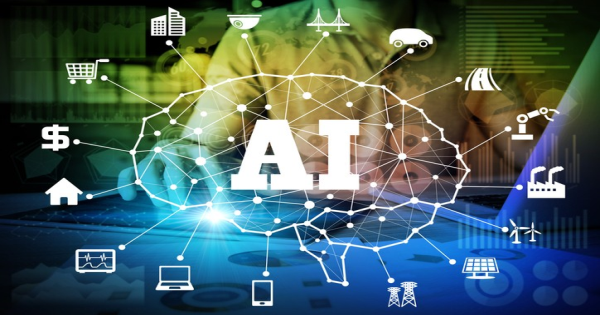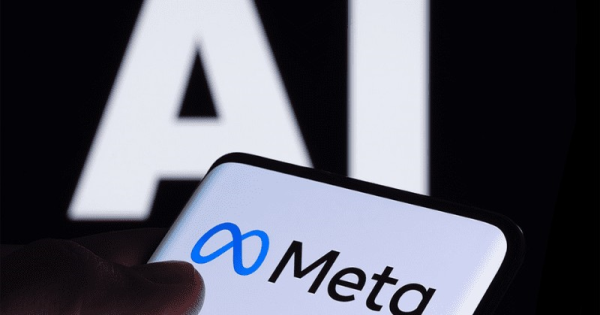In recent years, Artificial Intelligence (AI) has dramatically transformed industries across the globe, and education is no exception. From AI chatbots like ChatGPT and Google Bard to intelligent tutoring systems and personalized learning platforms, technology is reshaping how students interact with knowledge. This leads to a compelling question: Will students stop doing homework in the future?
Traditionally, homework has been the bedrock of reinforcing learning, encouraging discipline, and developing independent problem-solving skills. But with AI tools capable of answering questions, solving problems, and even writing essays, the way students approach homework is changing rapidly. This article delves into the impact of AI on academic responsibilities and whether the concept of homework is heading toward extinction or transformation.
The Shift from Traditional Homework to AI-Driven Learning
The 21st-century classroom has evolved beyond paper-based assignments and chalkboards. Today’s learners are immersed in smart technologies that cater to individual learning styles and pace. AI-driven platforms like Khan Academy, Quizlet, and Socratic by Google offer students instant help with just a few taps.
Instead of the traditional model where homework is assigned to reinforce a day's lesson, many students now turn to AI to do the thinking for them. This raises both opportunities and concerns.
The shift isn't about eliminating learning—it’s about how learning is happening. When AI tools generate answers instantly, students might feel less compelled to think through problems on their own.
Personalized Learning Pathways
One of the most promising features of AI in education is personalization. AI can analyze a student's behavior, preferences, strengths, and weaknesses to generate custom-tailored lessons and activities.
Imagine a math platform that doesn’t just assign random problems but selects challenges that target your specific learning gaps. AI makes this a reality. This type of individualized learning journey ensures students aren’t overwhelmed or bored—they're always working in their optimal zone of development.
Such customized pathways are often more effective than traditional homework assignments, which are typically one-size-fits-all.
Instant Feedback and Error Correction
Feedback is a cornerstone of effective learning. However, in traditional homework models, students often have to wait hours or even days to receive corrections. By then, the learning moment may have passed.
AI platforms provide instant feedback, allowing students to understand their mistakes in real time. For instance, if a student writes a flawed thesis or miscalculates a formula, AI-powered tools can flag the error and explain why it’s wrong—on the spot.
This capability helps learners build stronger foundations faster and with more clarity.
Reducing Academic Stress and Burnout
Ask any student what stresses them out, and chances are they’ll say “homework.” Between school hours, extracurriculars, and social life, traditional homework can feel like an overwhelming burden.
AI can alleviate this pressure by offering:
-
Step-by-step guidance through complex problems
-
Instant clarification of confusing concepts
-
On-demand support at any time
As a result, homework becomes less of a chore and more of a learning opportunity, which helps reduce academic anxiety and burnout.
24/7 Learning Accessibility
One of the standout advantages of AI tools is their availability around the clock. Whether it’s midnight or early morning, AI never sleeps.
This feature is particularly beneficial for:
-
Students in different time zones or remote regions
-
Learners with irregular schedules due to work or family responsibilities
-
Individuals who need repetition at non-traditional hours to retain concepts
The 24/7 learning environment ensures that students can revisit material as often as needed without waiting for the next class or tutoring session.
Are Students Becoming Over-Reliant on AI?
With all these benefits, a critical concern emerges: Are students using AI as a learning aid—or a crutch?
Some students now submit assignments that are entirely generated by AI without fully understanding the content. This poses a serious risk to academic integrity and overall intellectual growth.
AI isn’t inherently harmful. But when students rely on it without engaging in the thought process, they miss out on developing key skills such as:
-
Critical thinking
-
Logical reasoning
-
Independent problem-solving
-
Research and analysis
This over-reliance could create a generation of learners who can regurgitate information but struggle to apply knowledge in real-world contexts.
Will AI Replace Homework Entirely?
The short answer: Unlikely—but it will redefine it.
AI might not eliminate homework altogether, but it will certainly transform what we consider as "homework." The future of learning may shift from solving 30 algebra problems to:
-
AI-assisted research and writing tasks
-
Virtual reality simulations of historical events
-
Science experiments conducted via interactive platforms
-
Project-based learning using collaboration tools like Google Workspace
These tasks are complex, dynamic, and rooted in creativity—making it harder for AI to fully automate the process.
In this new model, homework won't be about repetition. It will be about application, analysis, and critical thinking.

The Role of Teachers in an AI-Era Classroom
Contrary to fears, AI won’t replace teachers. Instead, it will empower educators to do what they do best—mentor, guide, and inspire.
AI can handle tasks like:
-
Monitoring student progress
-
Suggesting customized assignments
-
Highlighting learning gaps
This allows teachers to focus on deeper engagement, such as:
-
Encouraging debate on AI-generated answers
-
Teaching students how to think critically about technology
-
Facilitating group projects and peer learning
Teachers will also play a pivotal role in teaching ethical AI use, ensuring students understand when and how to rely on these tools responsibly.
Rethinking Assessment in the AI Age
If AI can solve math equations and write essays, how do we fairly assess students? That’s the next big challenge.
Schools and universities are gradually moving toward alternative assessment formats, including:
-
Oral exams to gauge understanding in real time
-
Project-based evaluations that require collaboration and creativity
-
Digital portfolios showing skill development over time
-
Peer reviews to foster community and accountability
These methods emphasize authentic learning and discourage blind reliance on AI.
Challenges to Widespread AI Implementation
While the future looks promising, several hurdles stand in the way of fully integrating AI into education:
-
Digital Divide
Not all students have access to reliable devices or high-speed internet. This inequality can widen the educational gap. -
Bias in AI Algorithms
AI systems can inherit biases from the data they are trained on, leading to unfair or inaccurate recommendations. -
Data Privacy Concerns
AI tools collect vast amounts of student data. Ensuring this data is stored securely and used ethically is critical. -
Lack of Teacher Training
Many educators lack the skills to integrate AI meaningfully into their teaching. This requires targeted professional development programs.
Overcoming these challenges will require collaboration between educators, technologists, and policymakers.
Preparing Students for an AI-Driven World
To thrive in a world dominated by artificial intelligence, students need more than academic knowledge. They need:
-
Digital literacy to navigate online tools effectively
-
Critical thinking to question the information AI provides
-
Collaboration skills to work in tech-driven environments
-
Ethical awareness to use AI responsibly
Instead of asking whether AI will replace homework, we should ask: How can we use AI to prepare students for a future we can’t yet imagine?
Conclusion: Evolution, Not Elimination
The rise of AI in education signals not the end of homework, but its evolution. Traditional assignments are giving way to more interactive, personalized, and meaningful tasks that encourage deeper learning and creativity.
AI offers enormous potential to enhance education, but it must be used wisely. Homework may look different in the future, but it will still play a role in shaping informed, capable, and curious learners.
As we move forward, the goal should be clear: Leverage AI not as a replacement but as a partner in the educational journey—a tool that enhances learning while keeping the student at the center of the process.
By striking the right balance, we can ensure that AI becomes a force for empowerment, not avoidance, in the academic landscape.
Ilmkidunya
Top Contributors
Related Articles
From Curiosity to Career A Purpose-Driven Journey Through the 4D Growth Framework
- Ilmkidunya
- 10/Jun/2025




.gif)







































